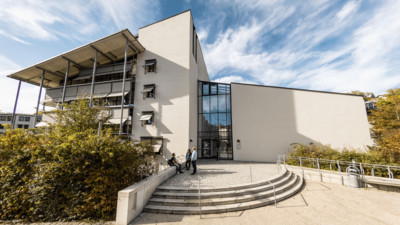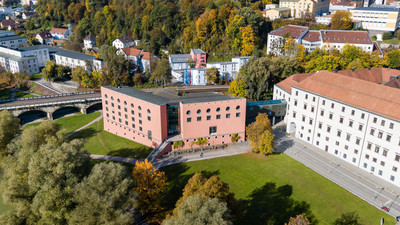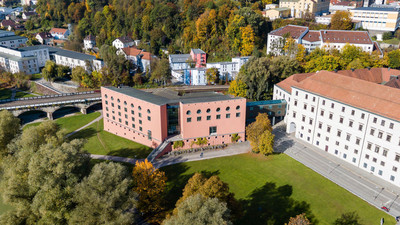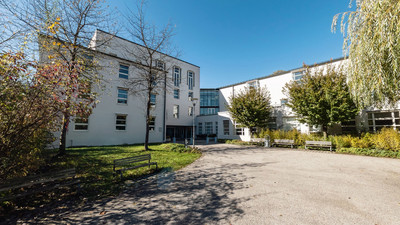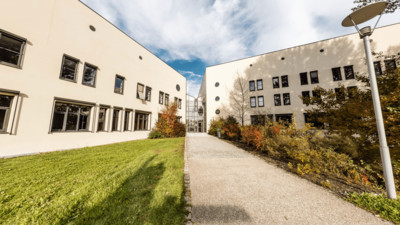On the first day, the first session focused on introductory concepts in the bioeconomy which included presentations from Dr. Marion Bastos Lima (Stockholm Environment Institute, Sweden), Dr. Cicero Lima (Bioeconomy Observatory, Brazil) and Alexandra Gottinger (Humboldt University, Germany). Together, they discussed the tension between deforestation and bioeconomy, measurement of the bioeconomy and policy frameworks.
The second session focused on the forest-based bioeconomy with presentations from Dr. Jorge Sellare (Wageningen University, the Netherlands), Tatiana Rojas Rueda (University of Hohenheim, Germany), Philipp Jonas Kreutzer (Lund University, Sweden) and Julia Tandetzki (Thünen-Institut für Waldwirtschaft, Germany). Together, they discussed the unmet potential of scaling up non-timber forest products in Latin America, innovation trends in Swedish industries and global potential for woody biomass.
In the third and four sessions, we discussed the development of the Bioeconomy Economics network, which was led by Jun.-Prof. Dr. Lucie Maruejols and Dr. Terese Venus (University of Passau).
On the second day, the fifth session focused on the role of agricultural residues for the bioeconomy. The presenters included Gremary Aza Mengoa (University of Passau, Germany), Claire Nakimpi (Wageningen University, the Netherlands), Daphne Santiago (University of Passau, Germany) and Marius Boesino (University of Hohenheim, Germany). Together, they discussed the challenges of involving smallholders and producers in the value-addition process for agricultural residues as well as the potential for residues in Germany.
The sixth session focused on biodiversity in the bioeconomy and included presentations from Dr. Andrea Pacheco (University of Bonn, Germany), Dr. Diana Carolina Huertas Bernal (Czech University of Life Sciences, Czech Republic) and Lina Mayorga (University of Hohenheim, Germany). Together they discussed the means in which biodiversity can be integrated and supported within bioeconomy initiatives.
During the plenary panel session, we featured Prof. Dr. Franziska Schünnemann (Chair of Bioeconomy, University of Hohenheim), Jun.-Prof. Dr. Lucie Maruejols (Chair of Computational Analysis and Modelling in Agricultural Policy, Christian Albrechts University of Kiel), Prof. Dr. Michael Grimm (Chair of Development Economics, University of Passau) and Dr. Thiago Inagaki (Soil Scientist, Norwegian Institute of Bioeconomy Research).
During the seventh session, the focus was on bioenergy with presentations from Jun.-Prof. Dr. Lucie Maruejols and Martin Eduardo Rearte (National Institute of Industrial Technology, Argentina). Together, they discussed the role of biogas in Germany and Argentina.
In the eight session, the discussion focused on alternative proteins in the bioeconomy and included presentations from Dr. Terese Venus, Alessandro Monaco (University of Bayreuth, Germany), and Amelia Espey (University of Hohenheim, Germany). They discussed the untapped potential for alternative proteins including plant-based substitutes and cultivated meat.
The event was supported by the Passau International Center for Advanced Interdisciplinary Studies (PICAIS) and the University of Passau’s event funding pool.

